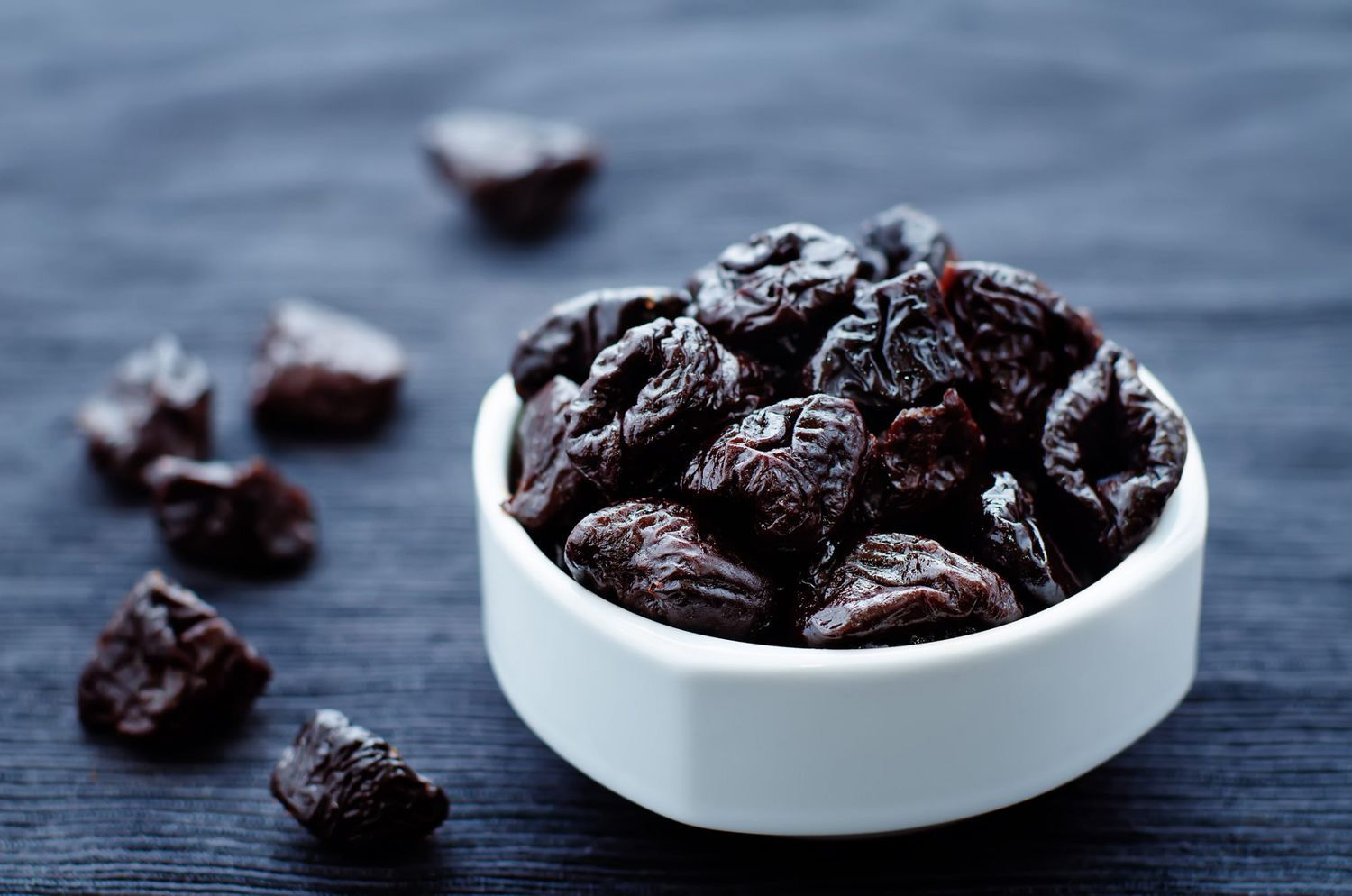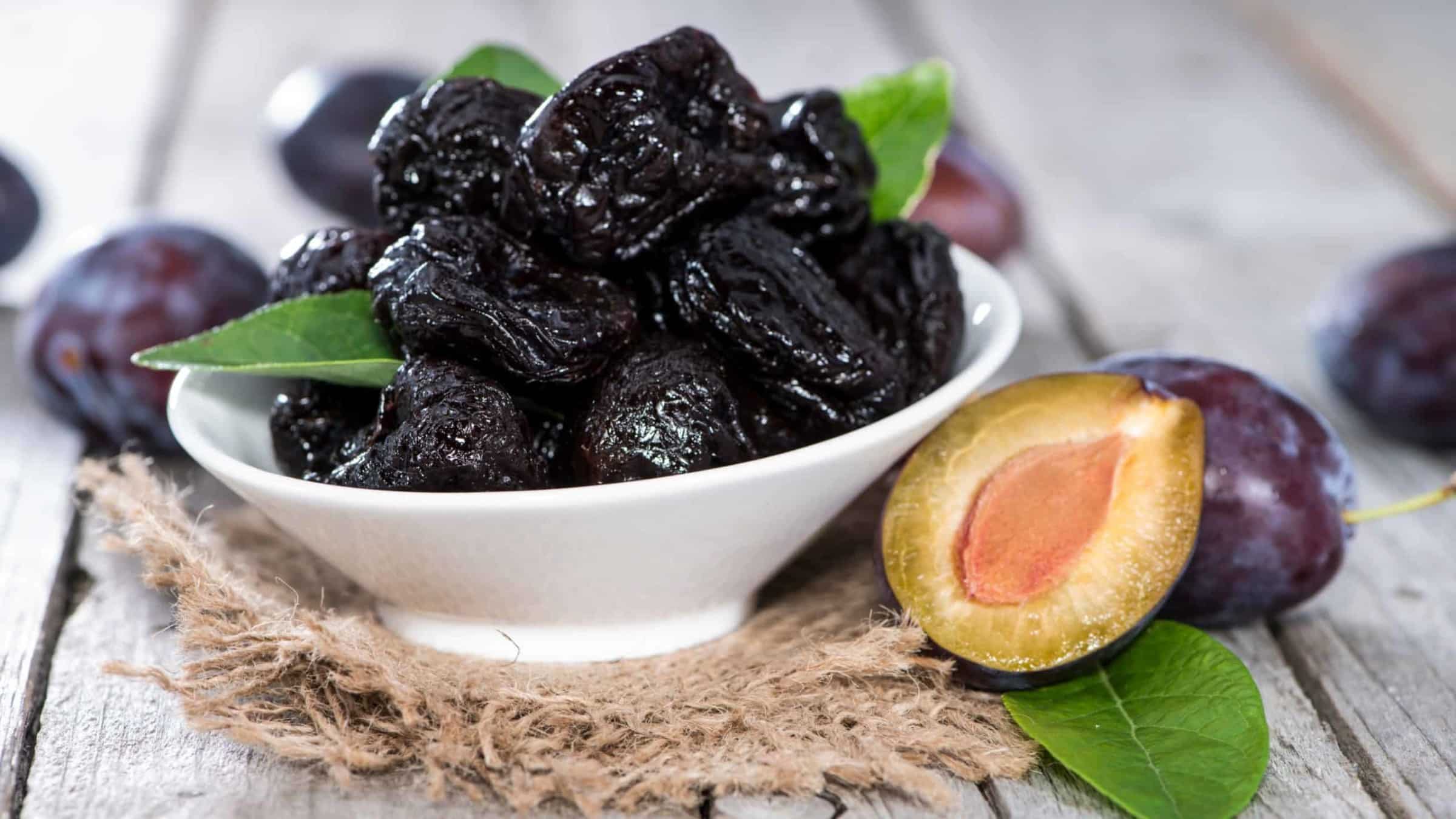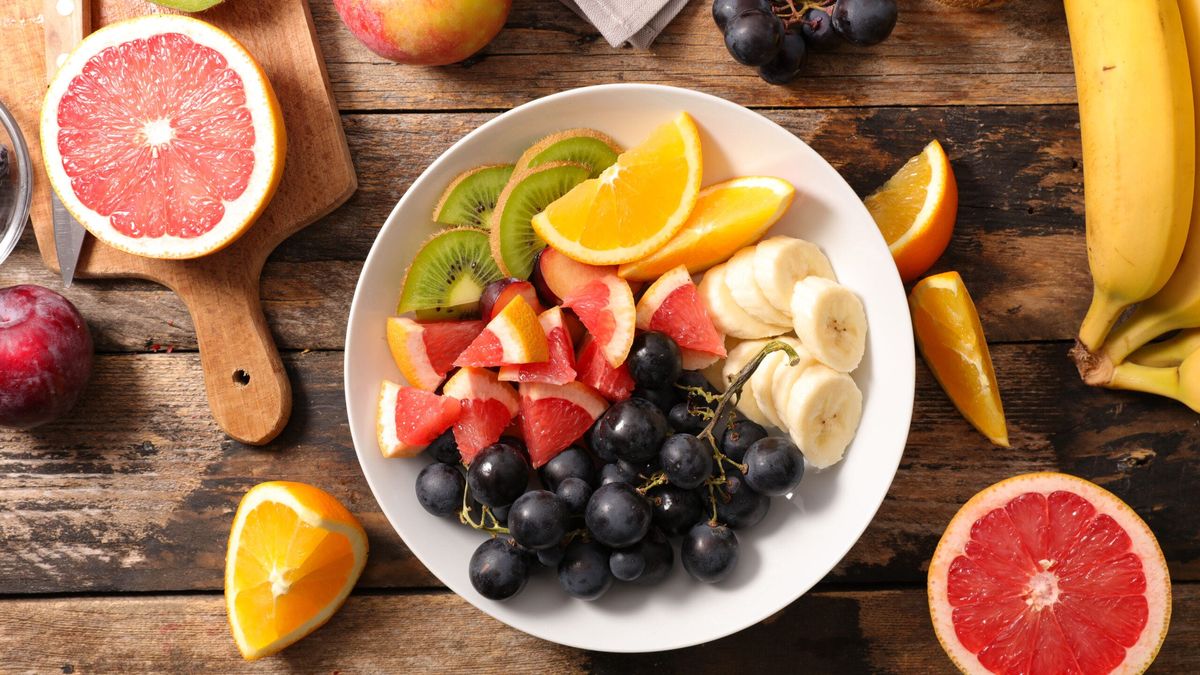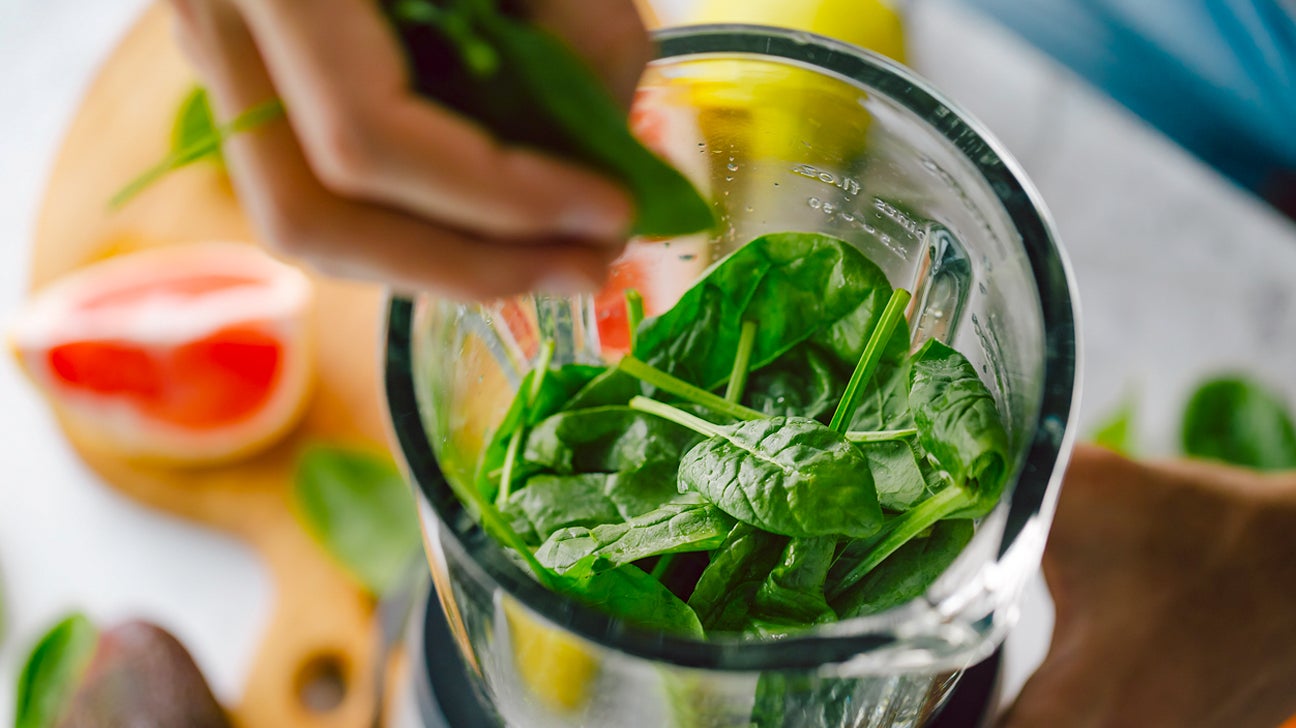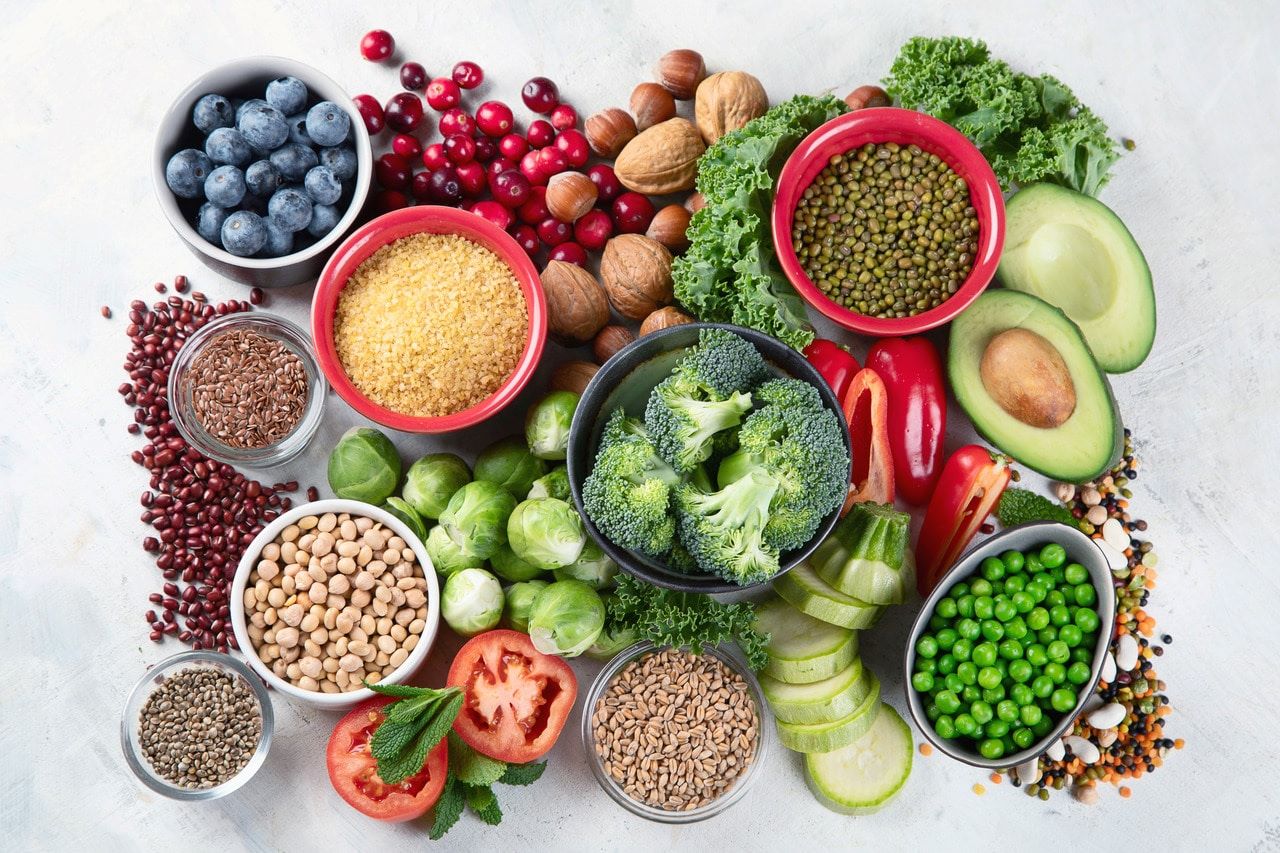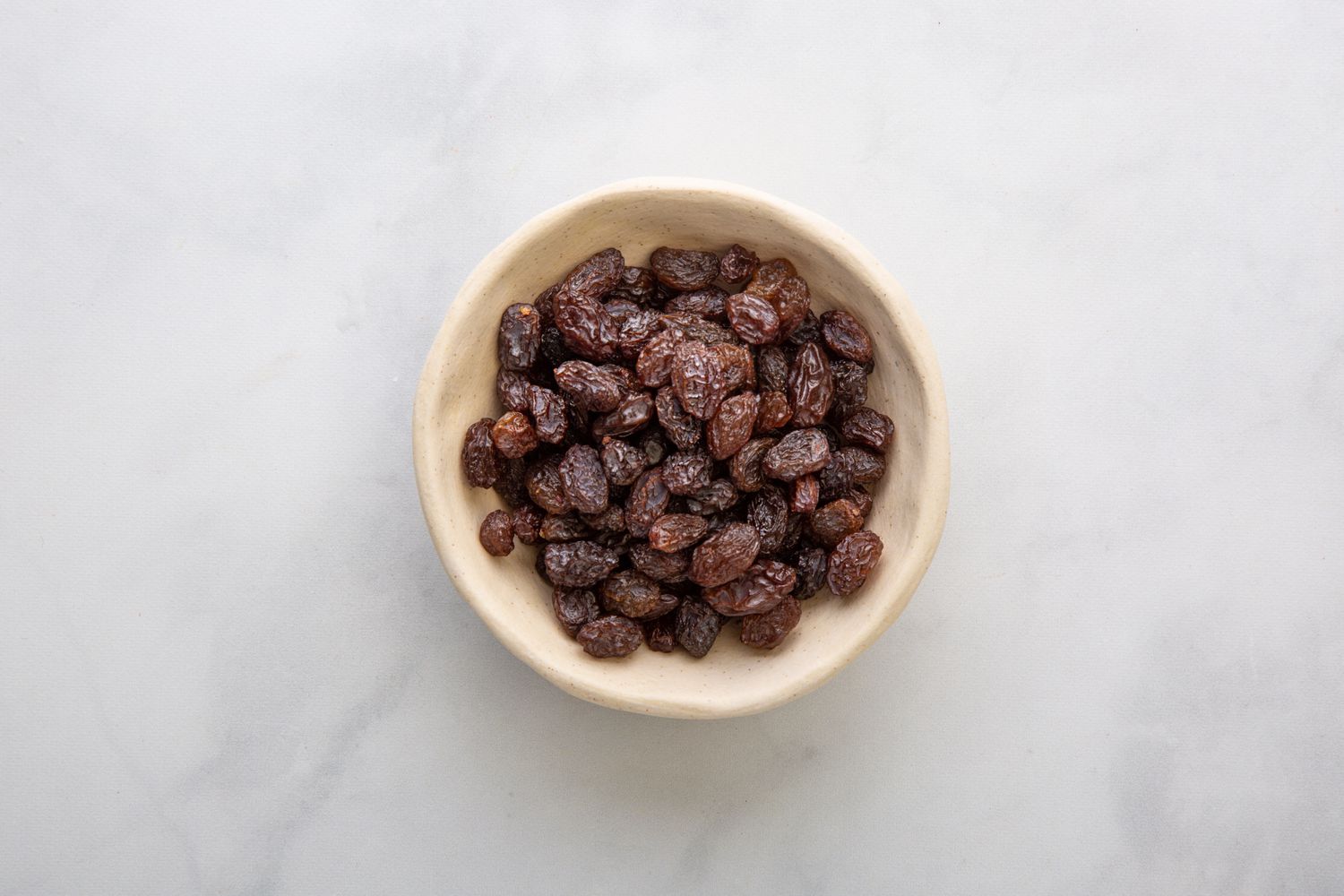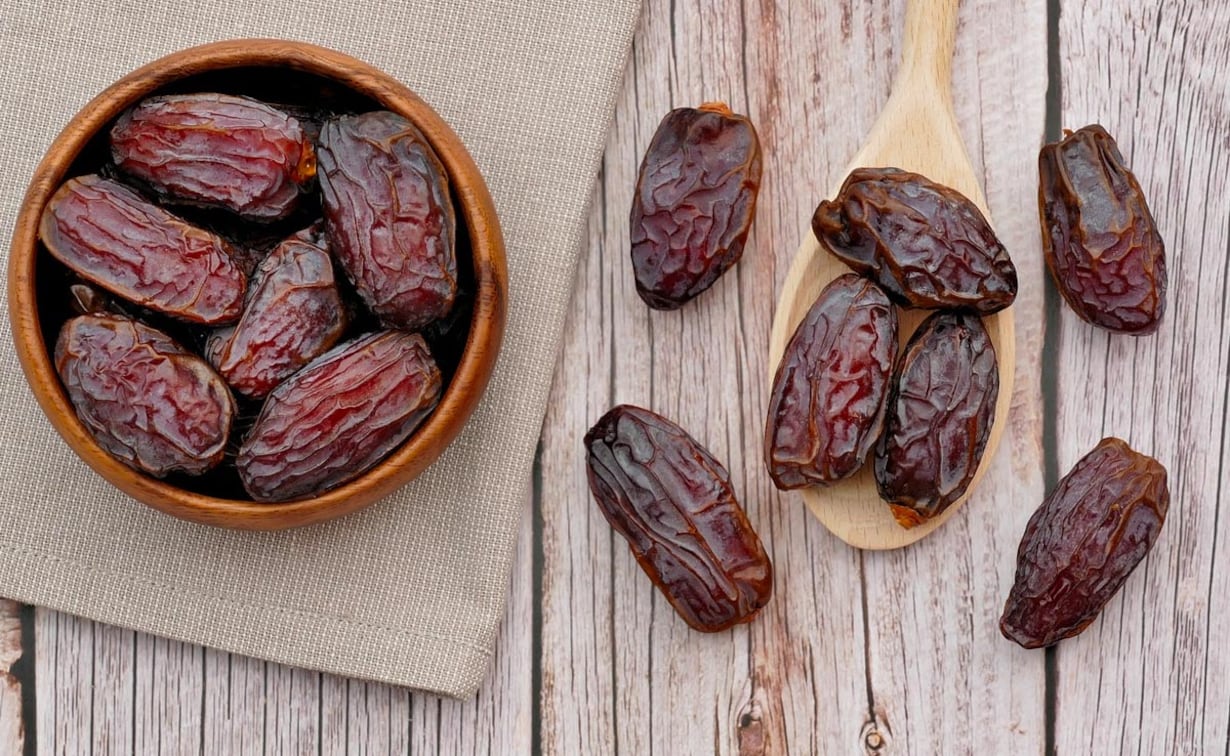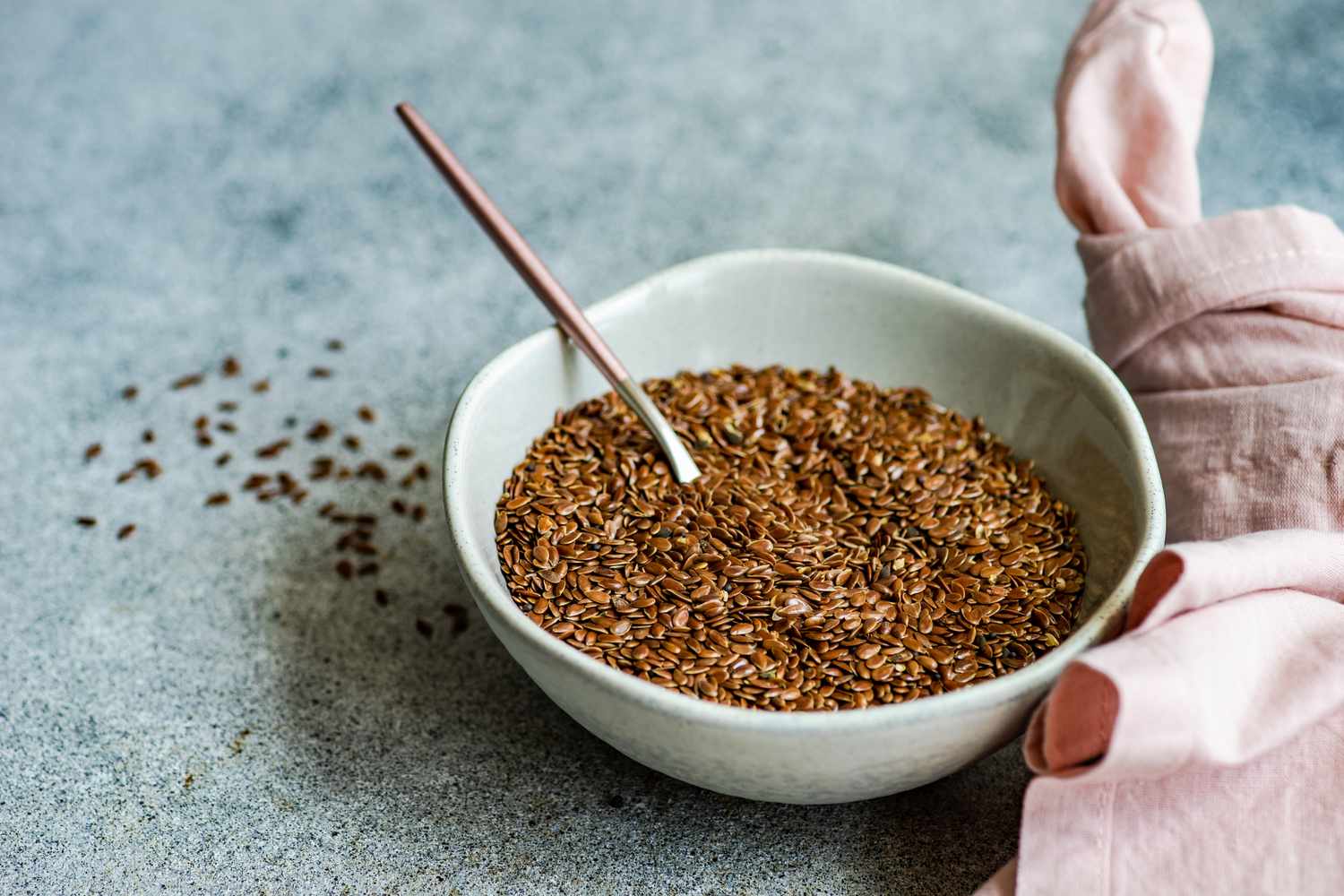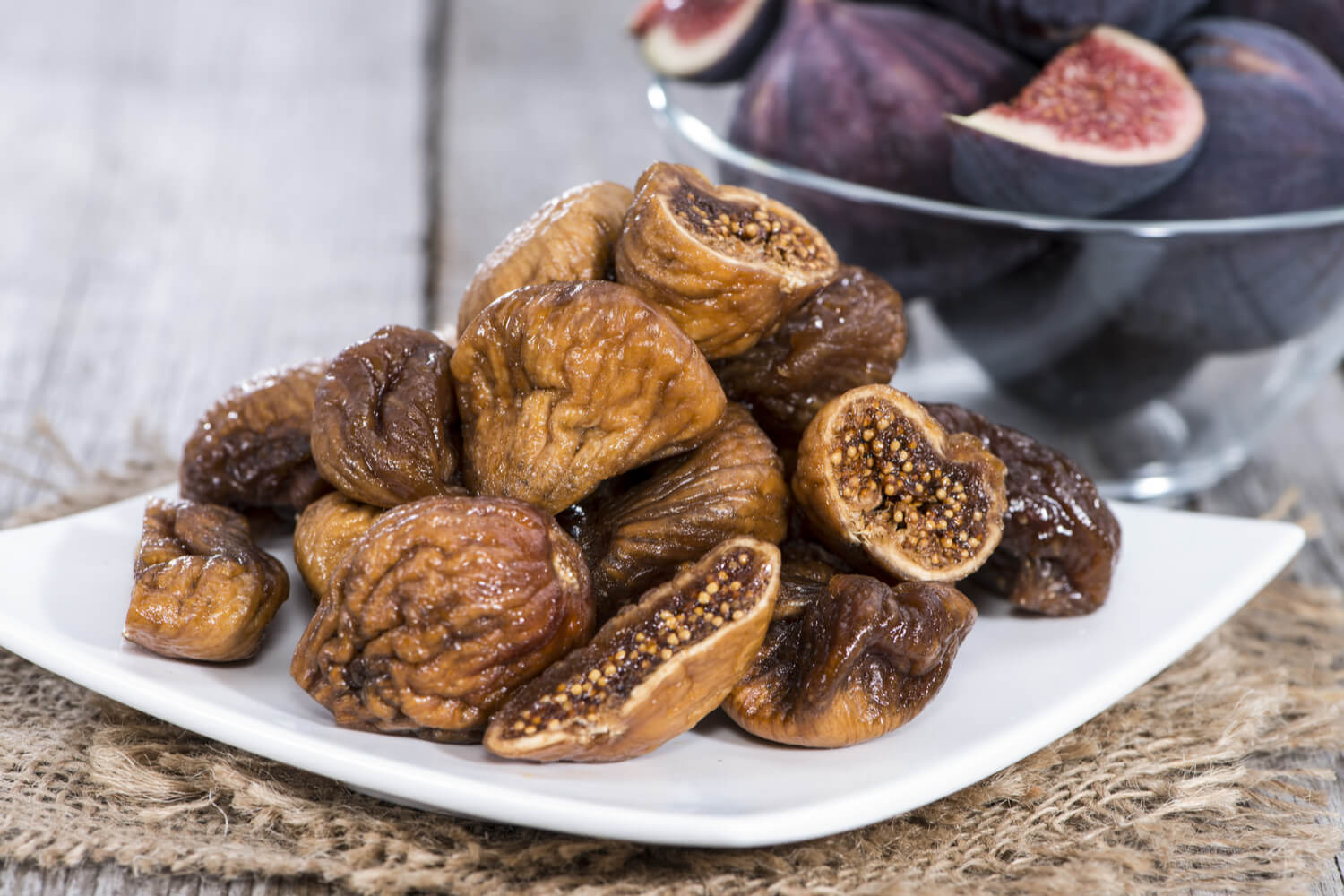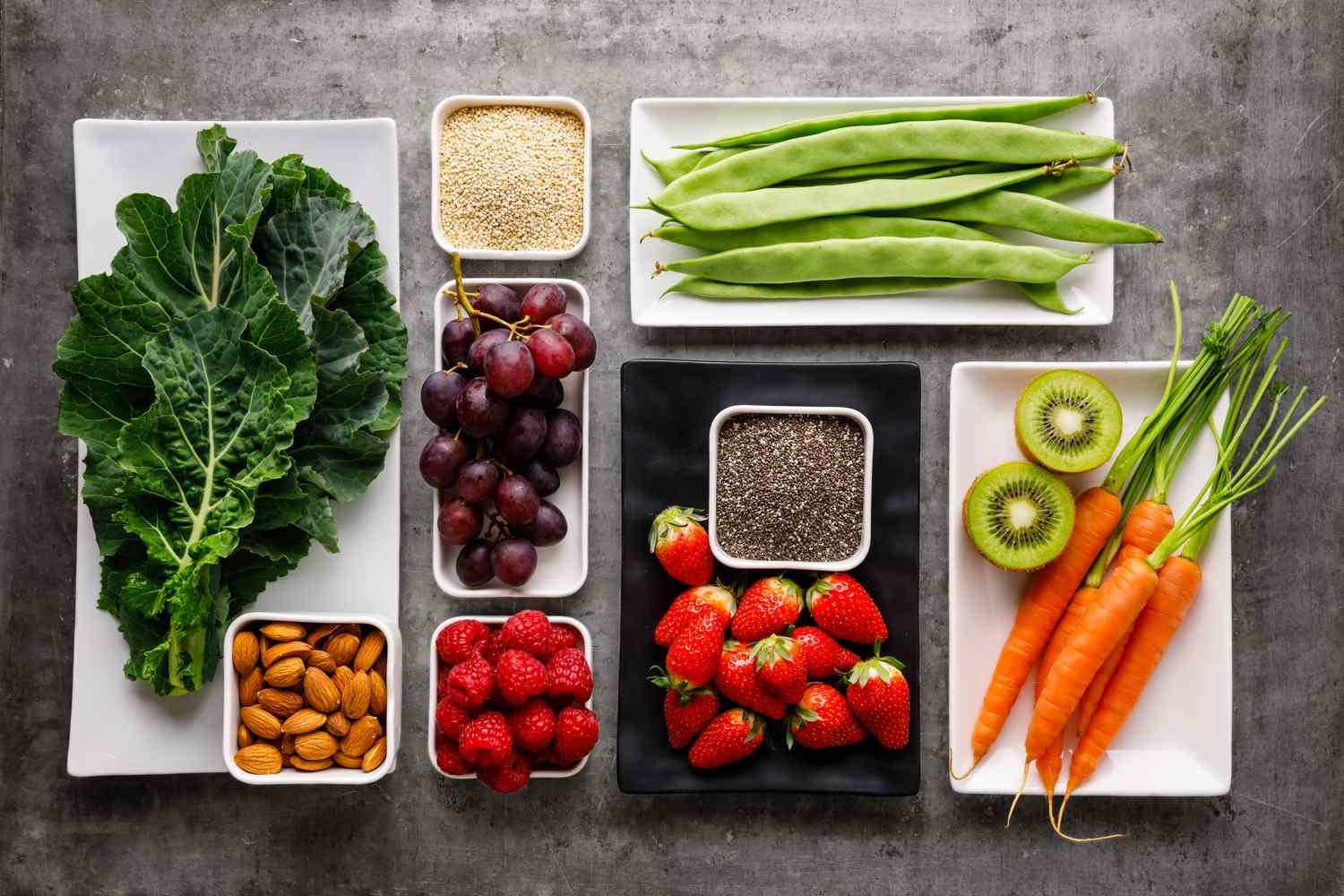How Your Diet Can Help Prevent Constipation
Constipation can be uncomfortable and frustrating, but making simple changes to your diet can help prevent it. By incorporating certain foods into your meals, you can promote regular bowel movements and improve your overall digestive health. Here are some tips on how to eat to prevent constipation:
1. Increase Your Fiber Intake
Fiber is essential for maintaining healthy digestion and preventing constipation. It adds bulk to your stool, making it easier to pass. Foods high in fiber include:
- Whole grains such as oats, quinoa, and brown rice
- Fruits like apples, pears, and berries
- Vegetables such as broccoli, carrots, and spinach
- Legumes like beans, lentils, and chickpeas
2. Stay Hydrated
Drinking an adequate amount of water is crucial for maintaining healthy bowel movements. Dehydration can lead to hard, dry stools that are difficult to pass. Aim to drink at least 8 glasses of water per day, and consume hydrating foods such as watermelon, cucumbers, and oranges.
3. Include Probiotic-Rich Foods
Probiotics are beneficial bacteria that promote gut health and regularity. Foods rich in probiotics can help prevent constipation by maintaining a healthy balance of gut flora. Consider adding the following to your diet:
- Yogurt
- Kefir
- Sauerkraut
- Kimchi
4. Limit Processed Foods and Refined Sugars
Processed foods and refined sugars can contribute to constipation by slowing down digestion and reducing the frequency of bowel movements. Limit your intake of:
- Fast food
- Pre-packaged snacks
- Sugary treats
- White bread and pasta
5. Don’t Ignore the Importance of Physical Activity
Regular exercise can help stimulate bowel movements and prevent constipation. Aim to incorporate physical activity into your daily routine, whether it’s a brisk walk, yoga, or cycling. Movement helps keep your digestive system running smoothly.
6. Consider Adding Healthy Fats to Your Diet
Healthy fats, such as those found in avocados, nuts, and olive oil, can help lubricate the intestines and promote regularity. Incorporate these healthy fats into your meals to support healthy digestion and prevent constipation.
By making these simple adjustments to your diet, you can effectively prevent constipation and promote optimal digestive health. Remember to listen to your body and make gradual changes to allow for a smooth transition. With the right foods and habits, you can enjoy regular and comfortable bowel movements.
